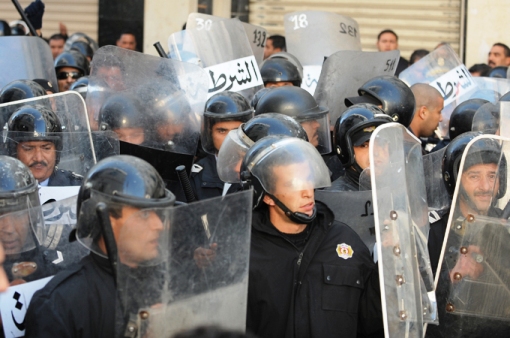Palestine Papers Video: Discussing the Significance of the Documents (Al Jazeera)
Last night, in a special broadcast, Al Jazeera English unveiled more than 1600 documents on Israel-Palestine discussions from 1999 to 2010. We have posted links to both Al Jazeera and to The Guardian, which is also publishing the documents and anlaysis, in our initial entry.
We are awaiting the full copy of the special broadcast, including a dramatic interview with Saeb Erekat, the chief negotiator for the Palestinian Authoriyt. In the meantime, this is Al Jazeera's discussion during the programme with former Israeli Foreign Minister Shlomo Ben Ami, Daud Abdullah of Middle East Monitor UK, and Ali Abunimah, co-founder of Electronic Intifada. The video is in three parts:

 Monday, January 24, 2011 at 8:46
Monday, January 24, 2011 at 8:46




